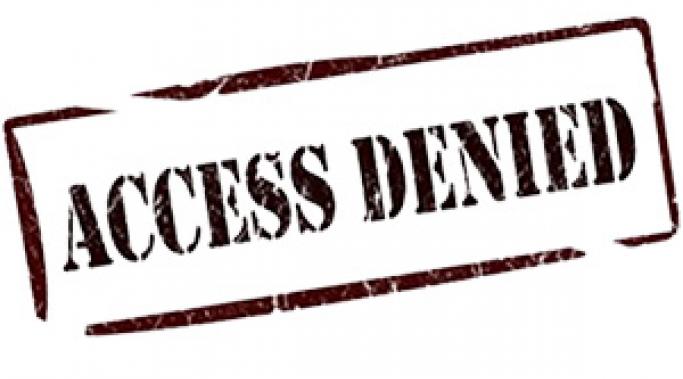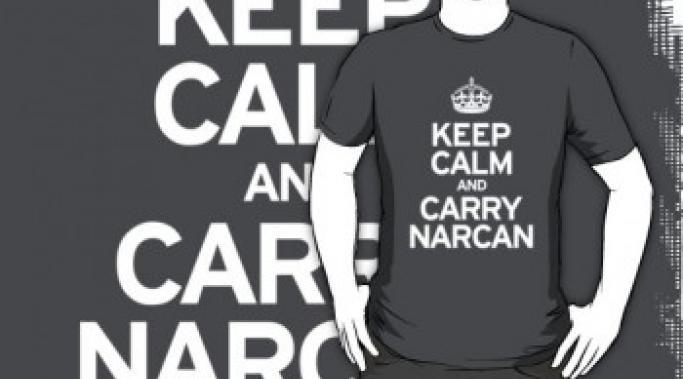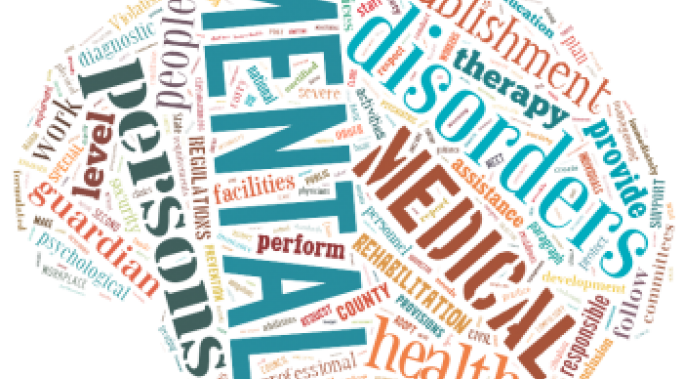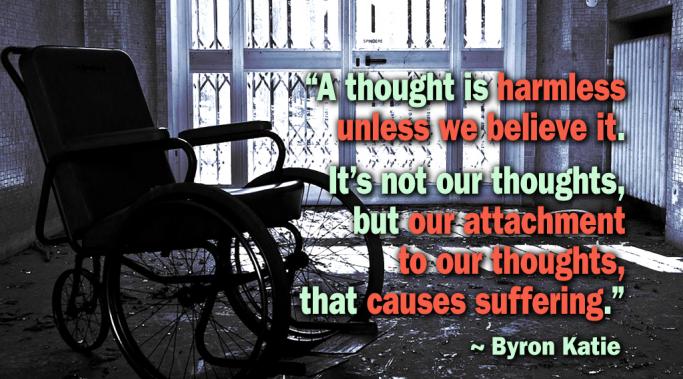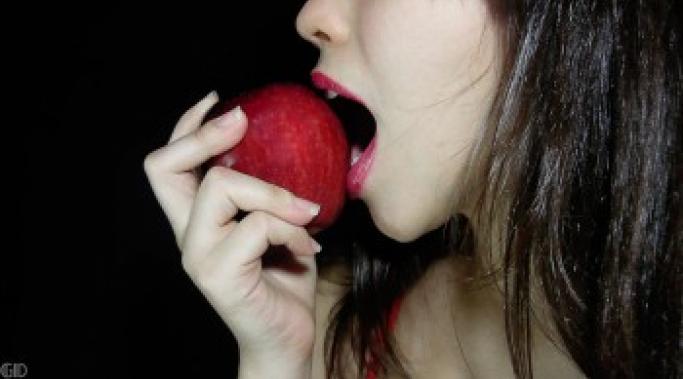We need improved access to substance abuse treatment in the United States. Ludicrous wait times and addiction treatment prices are costing Americans too much in every way. Improving access to substance abuse treatment would save lives, money, and countless intangible types of loss.
Debunking Addiction
Buddhism is more than a religion and spiritual practice -- the principles of Buddhism provide tools for an addiction recovery program. Applying the principles of Buddhism to addiction recovery is not necessarily a new or unique idea, but it is less mainstream than typical addiction recovery programs. Maybe this program will resonate with you more so than SMART Recovery, Moderation Management, or 12 step programs.
Naloxone (brand name Narcan) saves lives from opioid overdose by reversing the effects of an opioid overdose. America's problem--some say epidemic-- with heroin and prescription opioids is big news, so why is naloxone, which saves lives from opioid overdose, controversial?
Old, addictive behaviors can crop up, leading to a relapse. These are often traits that served us well in our addiction by enabling us to use or drink with minimal interference. By evaluating our behavior through the lens of humility, we are able to see when old, addictive behaviors resurface and if they may be leading you to a relapse.
It's important to treat both the mental illness and the addiction if you have a dual diagnosis. Like most people I know in recovery, I have dual diagnosis (also called co-occurring disorders). This just means that I have been diagnosed with a mental illness in addition to having addiction problems. Dual diagnosis is extremely common--after all, many people abuse substances in order to cover up the effects of a mental illness. If you do have a dual diagnosis, you must treat the addiction and the mental illness.
Improving sobriety by healing resentments is the ultimate goal of revisiting painful memories. When we have successfully navigated our memories and emotions, we have the opportunity to let them go so that they no longer harm us. In order for old resentments to no longer hold power over us, we have to choose to forgive ourselves and the other person. You can heal resentments to improve your sobriety.
I just celebrated a sobriety birthday, an event that always prompts reflection on how I got sober and clean in the first place. I do believe that a power greater than myself, a divine power, is ultimately responsible for me still being alive (Winehouse Death Due to Alcohol Poisoning and Tolerance). That being said, there are some practical components that have been vital to my getting sober and clean and staying that way.
Recovery from alcohol addiction, while challenging, is bolstered by alcohol addiction recovery support sayings, inspirational messages and supportive friends. Desperate to change and recover from my alcoholism, I sought advice for regaining control of my life in early sobriety. In the first few months most people advised me on how to manage overwhelming anxiety and cravings. Twelve-step alcohol addiction recovery support sayings, slogans and motivational messages shared at treatment centers correlate to common suggestions for recovering addicts.
Alcohol is well-known for its disinhibiting effect on people, and many people believe a drunken person's behavior can quickly change from being a bad choice to alcohol-induced behavior (Short-Term, Long-Term Effects of Alcohol). A video of a Miami doctor raging against an Uber driver over the weekend has gone viral. Dr. Anjali Ramkissoon, suspended from her job due to the video, implores other people to learn from her actions. She has accepted responsibility, acknowledged that she acted inappropriately, and now begs for forgiveness, stating that her behavior was grossly out of character. Dr. Ramkissoon does not, however, seem to acknowledge the role that alcohol may have played in the incident, which appears to be the teachable lesson in this situation (What Is Alcoholism?). Learn how to determine when a person's behavior goes from simply being a bad choice to alcohol-induced behavior, and what can be done to prevent similar incidents in the future.
For those in addiction recovery who have misophonia, attending recovery meetings is fraught with complications. They say "meeting makers make it," but what if you spend the whole meeting obsessing over coffee slurping, cookie munching or loud breathing? Misophonia and addiction recovery meetings can be a problem (Noise Sensitivity: When The World is Too Loud).
